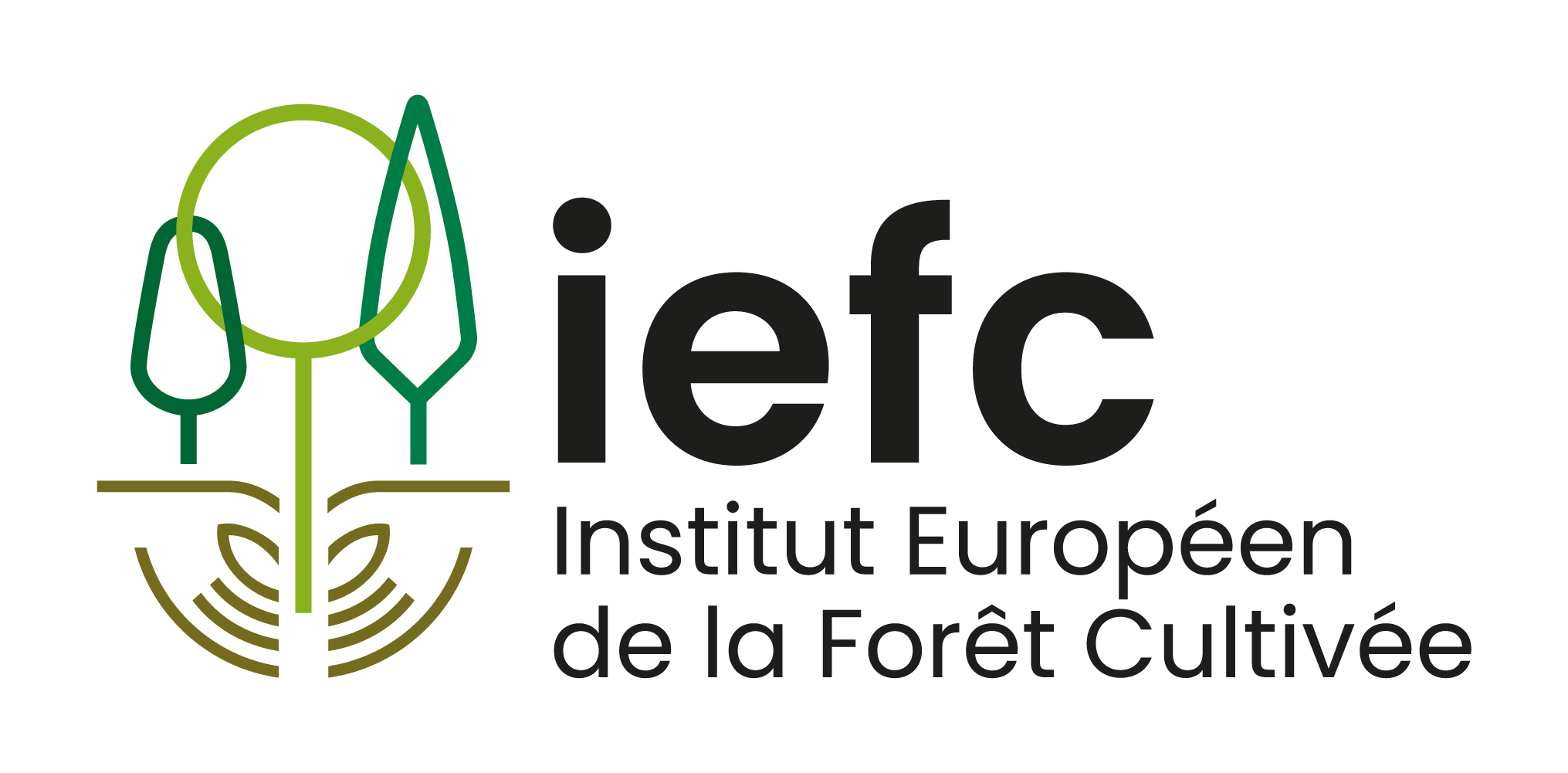During the beginning of last October the National Forest Congress was hold in Ponta Delgada in Azores Island (Portugal). A total of 200 persons were assisting to this event focusing on « Forests in a Global World ». The total 180 communications were divided in 7 thematic groups: Environment and Biodiversity, Genetic Resources, Protection, Competitive and Industry, Energy, Local Policy and Rural Development. As a result several conclusions were coming from each of the thematic groups, but there was a transversal issue affecting all the groups, the necessity of a forest owner official registry, which will provide helping for the sustainable development of the sector in Portugal. Other relevant conclusions per each thematic group were:
1) Forest, Environment and Biodiversity:
- Importance of biodiversity monitoring systems, with special emphasis to the national Portuguese resources.
- Better knowledge is needed of the Carbon Cycles in the forest and forest land, specially knowledge is missing in these process at the soils.
- Monitoring systems for a higher details of CO2 emissions and harvesting occurring in Portugal.
- The use of Forest Certification and Sustainable Forest Management as a central discipline, from where other management aspects as biodiversity, soil and water quality, production of goods and services, can be produced.
2) Forests and Genetic Resources.
- The contribution of breeding materials to the production of better adapted forest reproductive materials in a changing environment.
- The necessity of genetic improvement of local species for maintaining the current levels of biodiversity of forests.
- The high contribution of quantitative or molecular genetic techniques to the forest tree improvement programs.
3) Forest Protection.
- The occurrence and effects of higher number and more severe of biotic, non biotic and forest fires perturbations.
- That in a global context with changes in the climate, increment of forest reproductive materials and forest products circulation and low occurrence of appropriated forest management practices, will highly affected the development of a sustainable forest resources.
- The necessity of an active posture against current sanitary problems like pine wood nematode, bark beetles outbreaks, root eating insects and forest fires, based in early stage and preventive measures.
4) Competitive and Industry.
- The importance of optimization of the sources of industrial wood and the development of new transformation process for increase the competitiveness of wood based products.
- To put in value the positive impact of forest products for the society and the development and application of tools that make possible a better knowledge of current stock values of the forest.
- The big impact for the national economy that could create forest certification and wood chain values developments, for increasing the presence of the Portuguese wood based products in the global markets.
- Creation of public policies for supporting the implementation of Forest Certification activities.
- Acknowledge of the work done by Forest Owners Associations that is setting them in a good position for leading and managing the implementation of Forest Certification activities.
5) Forest and Energy.
- High relevance of biomass resources for the diversification of energy sources.
- Necessity of achievement sustainable forest management and neutral carbon level for the production of woody biomass.
- Utilization of biomass growing at green zones in urban areas.
6) Forest and Local Management.
- Creation of analyses systems for the production of forest fires risk levels maps.
- Increase the awareness of politicians and public opinion of the necessity of the preservation of trees heritage in diverse public spaces.
- A better knowledge of how climate effects, atmospheric pollution and sanitary status of trees in urban areas could affect the life quality of people from a pollen allergic perspective.
7) Forest, Policy and Rural Development.
- Public forest services structure should properly consider in the implementation of National Forest Strategy, in order to be able to have an operative capacity, orientation and keeping a good inter sectors equilibrium.
- Integration of the different actors perspectives involved in the implementation of National Forestry Program.
- Integration of Forest Strategy with other land planning instruments.
More information can be found at the Portuguese Forest Science Society
http://www.esac.pt/cernas/6%BA_congresso_florestal_nacional.htm
